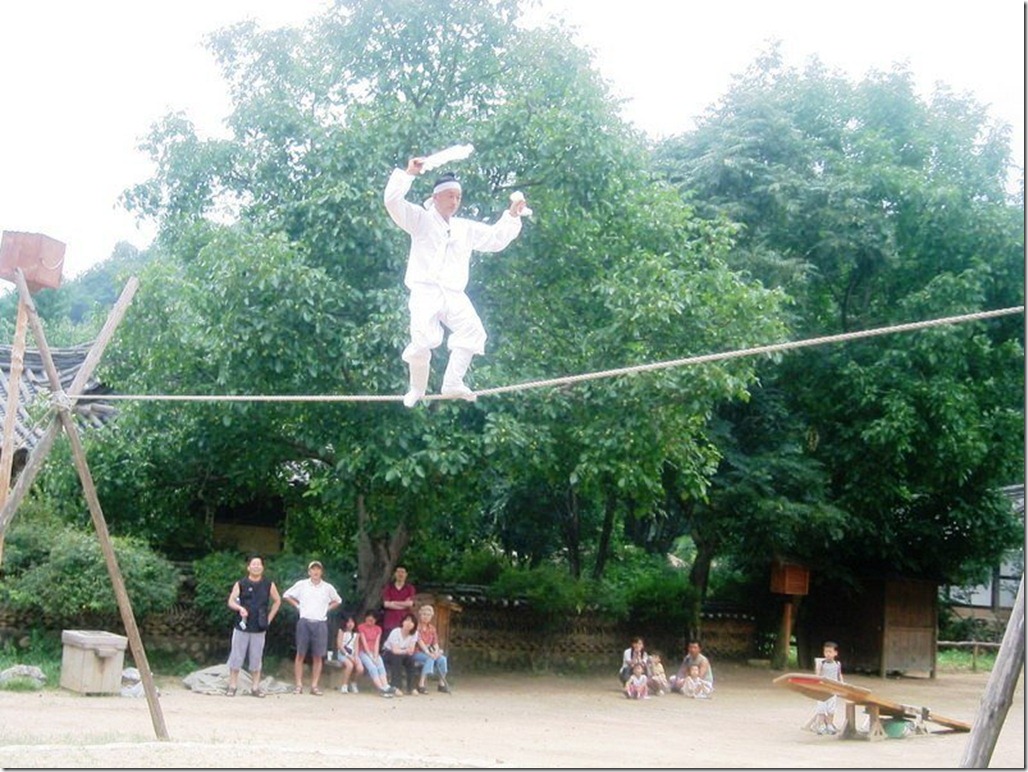I spent the time during the holiday break studying Korean. The department was kind enough to let me work one-on-one with two instructors who came into work during the break. It helped me substantially improve my Korean conversation. I wasn’t able study outside of class as much as I would have liked, but at least on Monday when classes start again I’ll be better prepared. I have one month to polish up this infernal language, and after four days of tutoring I feel much better about my ability to meet the language requirement. I’ll never complain about learning German, Spanish, or Chinese again (until I start learning Chinese characters again).
The death toll from the tsunamis rose to 116,000 after Indonesia reported that over 80,000 people had perished. What a tragedy! This is the single worst event in world history since the 1976 earthquake in southern China that killed more than 500,000 people. I’m my American mind these events are unfortunately measured by numbers of casualties; in reality the situation is much, much worse than merely the death toll. This will have substantial repercussions for years to come throughout the Indian Ocean Rim–devastated families, lost livelihoods, destroyed villages and towns, ruined local economies, international economic recession, a huge debt burden for donor and recipient nations. The prospects just don’t look good. This event does not impact the average American like 9/11 did because it didn’t hit so close to home, but in the coming years it will have just as much impact on the world as 9/11 did. What a tragedy.
I’ve been following the Washington State Gubernatorial race very closely. The Secretary of State Sam Reed (R) just certified Christine Gregoire (D) as governor over Dino Rossi (R). Gregoire won the second recount, a hand recount, by just 130 votes out of 2.8 million cast. Rossi won the initial machine count and machine recount by 261 and 42 votes respectively. It’s been 8 weeks since the election, and this may continue to drag out in the courts for weeks or months. The GOP is now calling for a revote. Based on all the potential irregularities, a run-off may be the best option. Most countries mandate run-off elections when a candidate garners less than a majority vote. Most Washington voters agree that a revote is the best option based on a recent Elway poll. It’s a tainted race, and no one can know for certain who won regardless of who becomes governor. I suspect Gregoire will be governor because Washington State is heavily Democratic, but she will carry a burden that President Bush carried for four years after the 2000 Presidential Election–she will have won the governorship based on state supreme court rulings. It will be interesting to see what the Republicans do in the coming weeks. This was the GOP’s best chance in decades to win the governorship, but if they aren’t careful they will come off as spoilers. The Dems were spoilers when they insisted on a second hand recount, a method that is inherently less accurate than a machine recount and prone to divination to determine voter intent. The Dems took a risk and won–so far. It’s politics at its worst, unfortunately. A run-off is definitely the better course of action than conceding in a tainted race or dragging the fight out in court. The best results are that it will shine a spotlight on the Washington State electoral process and hopefully improve it before the 2006 election.













